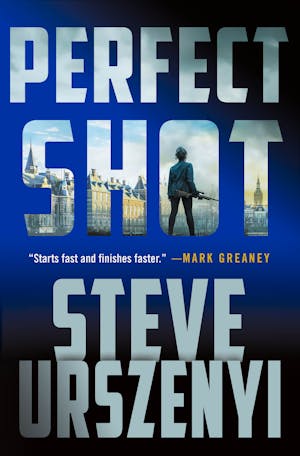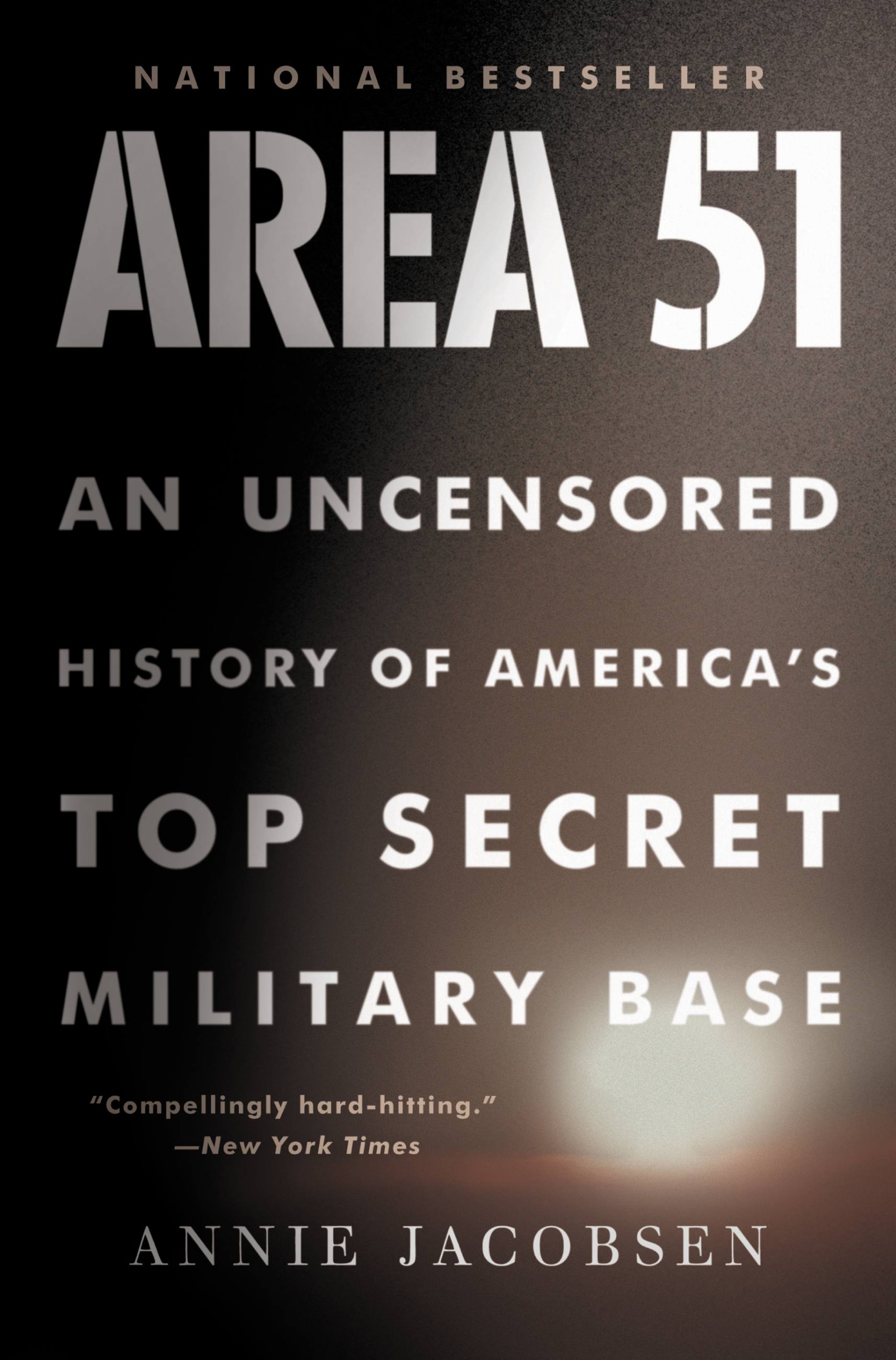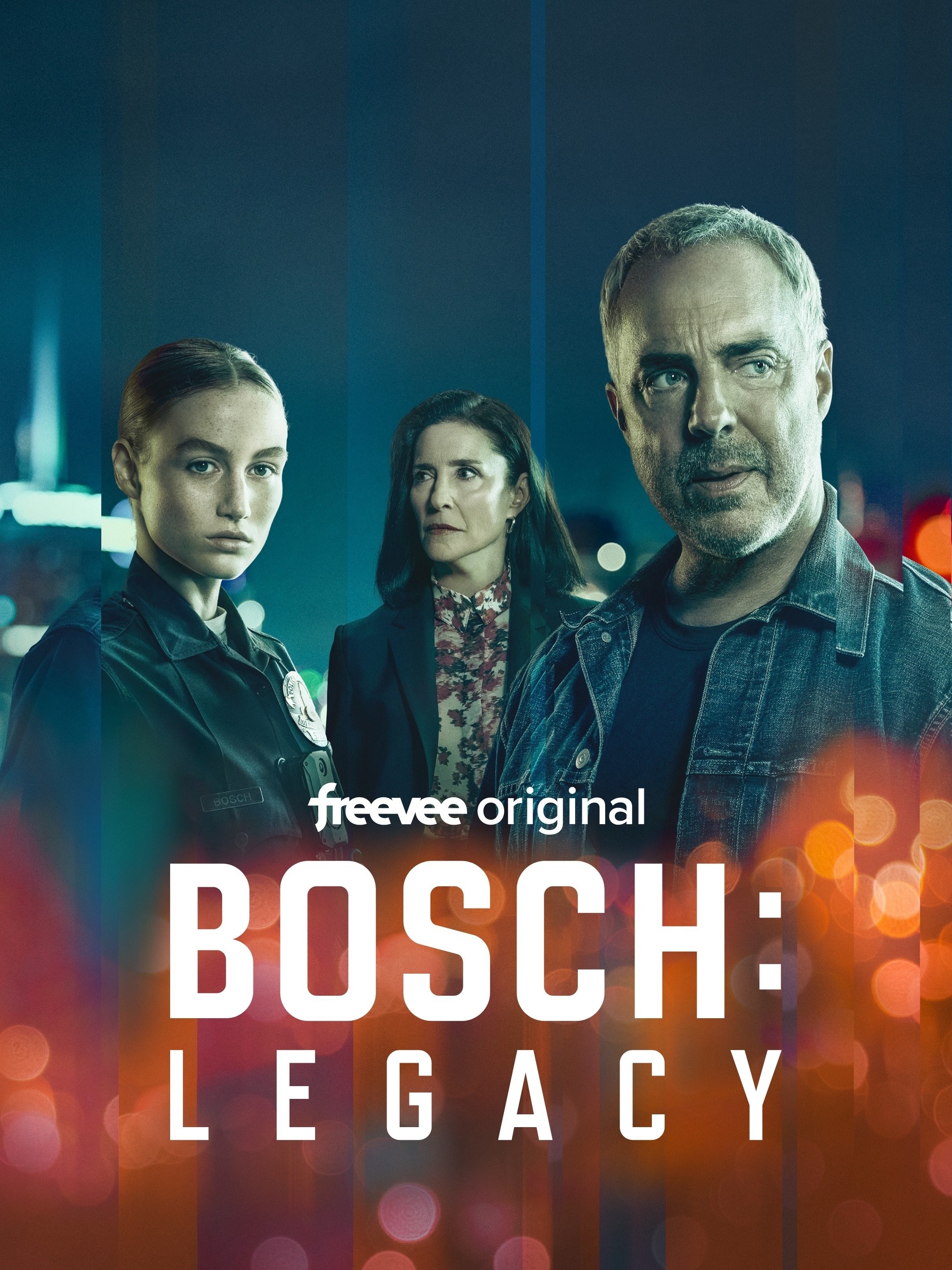Fred Burton’s 2023 Holiday Reading List
Take a look at Fred’s must-reads for the holiday season.

I always enjoy thinking back over the last year, remembering the new books that I’ve enjoyed and learned from, but also the books I’ve read in the past that resurfaced in life and work this year. When putting together a book and film recommendation list, I always try to find books or TV series that would appeal to a broad range of readers: practitioners engaged in the art of protection, post-standers, GSOC teams, public safety personnel, military (current and former), intelligence analysts, and those simply interested in the field of protection or students of history.
Here is my latest holiday reading and watch list. Enjoy! Please let me know what you’re reading and watching in the new year!

The Spy Who Knew Too Much, by Howard Blum
Wonderful cold case work by Howard Blum, digging into the suspicious death of a retired CIA officer linked to an intriguing Cold War espionage case. This book reads like fiction, but it’s based on a true story written across several decades of professional and personal intrigue.

Red Sky Mourning, by Jack Carr
Protectors, cops, and soldiers love thrillers, and you would be hard-pressed to find a better thriller series than anything written by Jack Carr, especially his novels featuring ex-Navy SEAL James Reece. The next volume in the James Reece series, Red Sky Mourning, is set to be published in May 2024. A perfect pre-order for anyone who enjoys Jack Carr as much as I do!

Hamas: Politics, Charity, and Terrorism in the Service of Jihad, by Matthew Levitt
In the time since the October 7 Hamas surprise attack on Israel, I’ve had many conversations about the history and origins of the group. For anyone looking to get a better understanding of the terrorist group responsible, Matt Levitt’s book is a foundational study examining how the group’s political and social divisions are structured to support its terror goals. Levitt is a professor at the Georgetown University Center for Security Studies and Director of the Counterterrorism and Intelligence program at the Washington Institute, who has been diving into this subject for decades. Levitt’s book on Hezbollah is also a must-read if you’re looking to make sense of the broader situation in the Middle East.

Perfect Shot, by Steve Urszenyi
As a former rescue squad volunteer who ran calls in the time of Cadillac ambulances, I’ve always had a soft spot for EMTs and firefighters. Urszenyi served many years as a paramedic in Toronto and later as a tactical medic with the Ontario Provincial Police before beginning a career as an author. Perfect Shot is his debut, and it’s a great read. In the spirit of full disclosure, the author says, “Fred Burton inspired and informed some of Caleb’s character.” It’s truly humbling to know I’ve inspired so many other authors.

Upstream, by Dan Heath
Dan Heath will be our keynote speaker at the upcoming Ontic Summit. The research and interviews collected within the book examine how organizations and individuals can solve problems, especially when those solutions require complex and systemic changes with no easy answers.


Black September: Its Short, Violent History, by Christopher Dobson
The Hit Team, by David Tinnin with Dag Christensen
A sage grey-haired mentor told me in the 1980s that to understand terrorism, study the Black September Organization (BSO). This is still very good advice. For anyone interested in the current conflict between Israel and Gaza, I would recommend you study the history of BSO and then watch for Mossad’s next actions. To understand how Mossad thinks and operates, read these two books. Both were written in the 1970s, and they’re now out of print, but if you can hunt down copies, you’ll be rewarded with one of the best viewpoints into the operational foundations and thinking of this critical organization that often operates far outside of Israeli territory.

The Sisterhood: The Secret History of Women in the CIA, by Liza Mundy
There are numerous books discussing the history of the CIA, but Mundy has created a narrative that helps to intertwine the history of women working inside the organization and the CIA itself. The stories and personal interviews collected in the book provide a fascinating view into how women were able to work successfully within some of the most critical intelligence missions since the organization was founded.

Tracers in the Dark: The Global Hunt for the Crime Lords of Cryptocurrency, by Andy Greenberg
This non-fiction book from Andy Greenberg is a worthy follow-up to Sandworm, his 2019 book detailing Russian cybercrimes and the hunt to bring the hackers to justice. Like his earlier books, Greenberg is a master at bringing the action to life, making the stories feel like a thriller you won’t want to put down, even if you haven’t followed the world of cryptocurrency. This is a perfect book choice for any of your investigator friends and colleagues or anyone interested in cybersecurity and the digital underworld.

Area 51, by Annie Jacobsen
I’ve been a huge fan of Annie Jacobsen’s work for years. Her deep dives into historical intelligence-related topics are unsurpassed. Annie’s next book, Nuclear War, looks fascinating, but I’ve been thinking about her previous bestseller, Area 51. With the new attention on UFOs and other similar phenomena, Area 51 is worth another look for anyone interested in these topics. Her writing is always well-researched and easy to understand, and Area 51 remains one of the best collections of information on this area and what might have happened there.

The Soldier Statesman in the Secret World: George C. Marshall and Intelligence in War and Peace, by David Robarge
This detailed study, available for free in PDF format from the CIA website, examines some of the previously uncovered intelligence work done by General George C. Marshall during and after World War II. There are particularly interesting chapters about Marshall’s involvement in the examinations of the intelligence failures surrounding Pearl Harbor and Marshall’s mission to China. The book is written by David Robarge, a previous analyst in the CIA Directorate of Intelligence who is now the CIA Chief Historian.

The Angel: The Egyptian Spy Who Saved Israel, by Uri Bar-Joseph
Once the dust settled after the Arab armies invaded Israel in 1973 and began the Yom Kippur War, we learned that the value of human intelligence (HUMINT) to sound the alarm cannot be underestimated. In The Angel, intelligence historian and professor Uri Bar-Joseph explores a previously untold history of a high-level human informant who changed the course of the war, a story that was later turned into a Netflix movie. As I wrote for the book jacket, “A fascinating read into the wilderness of mirrors of espionage, with a laser focus on one of Israel’s greatest spies. A tremendous case study for any student of intelligence, geopolitics, or history. The book should be required reading for any special agent or intelligence officer.”
Slow Horses (Apple TV series)
The Slow Horses series focuses on a British MI5 unit for washed-up, outcast, and burnt-out old intelligence agents and is based on a series of books written by Mick Herron. Great tradecraft and characters, with believable espionage plot lines, run through every episode. The series stars Gary Oldman, who was also in the John Le Carre film Tinker, Tailor, Soldier, Spy.

Bosch: Legacy (Amazon Prime TV series)
I’m a huge fan of Michael Connelly, a prolific writer of crime fiction. Bosch is based on his wonderful books, which I would encourage you to read. A few years back, I was fortunate to have toured the Bosch film set and met one of the producers. In the series, Detective Harry Bosch has now retired from the LAPD Homicide Division (“Our Day Begins When Your Day Ends”) and his daughter is now a cop. As expected, Harry can’t let go (I know the feeling) and continues to dig into cold cases. From my experience, it’s one of the most realistic police television series on the air today.
Happy Holidays!
Executive Director, Ontic Center for Connected Intelligence







